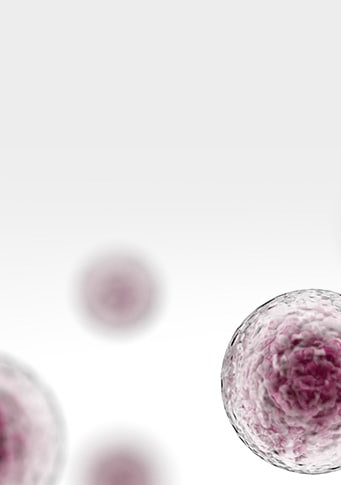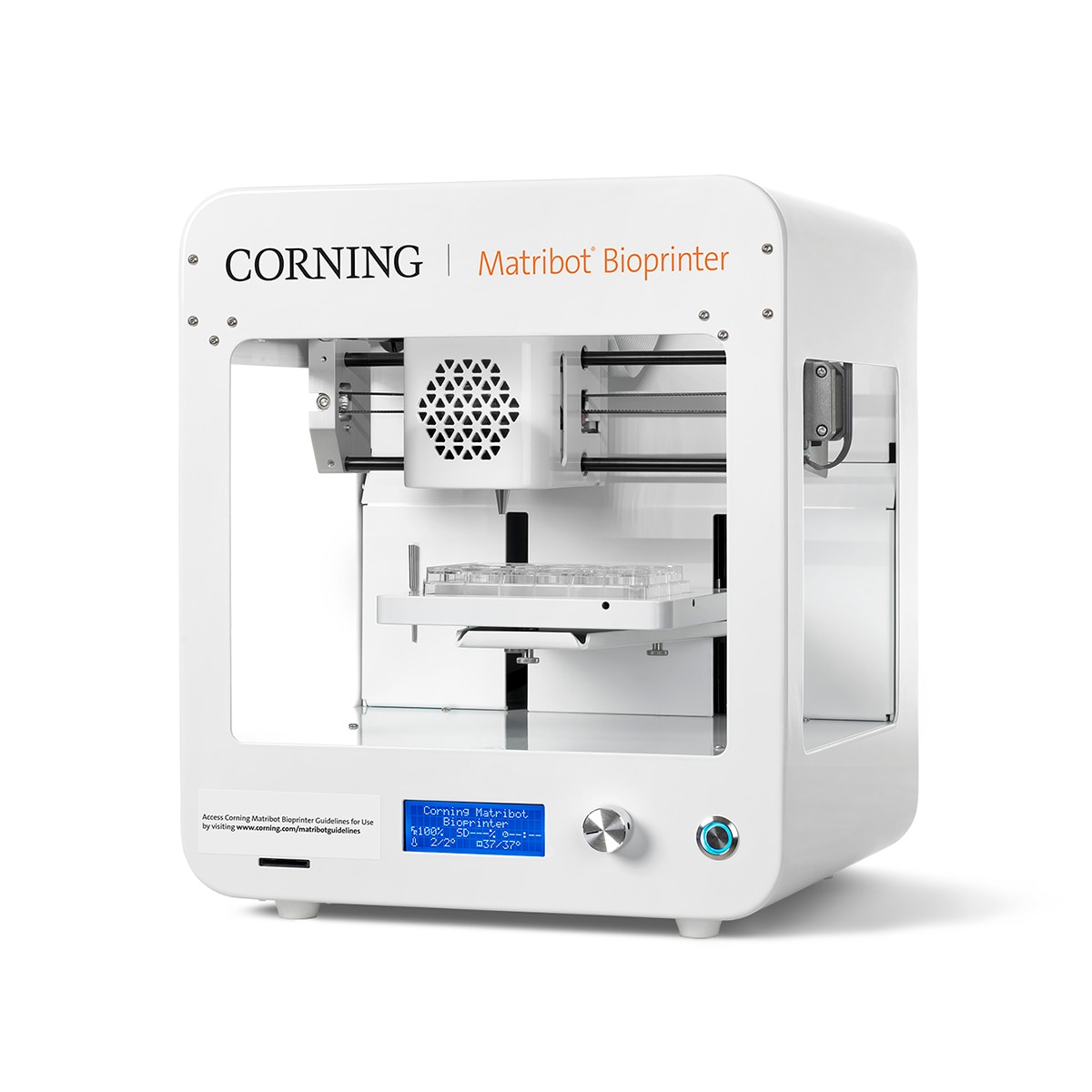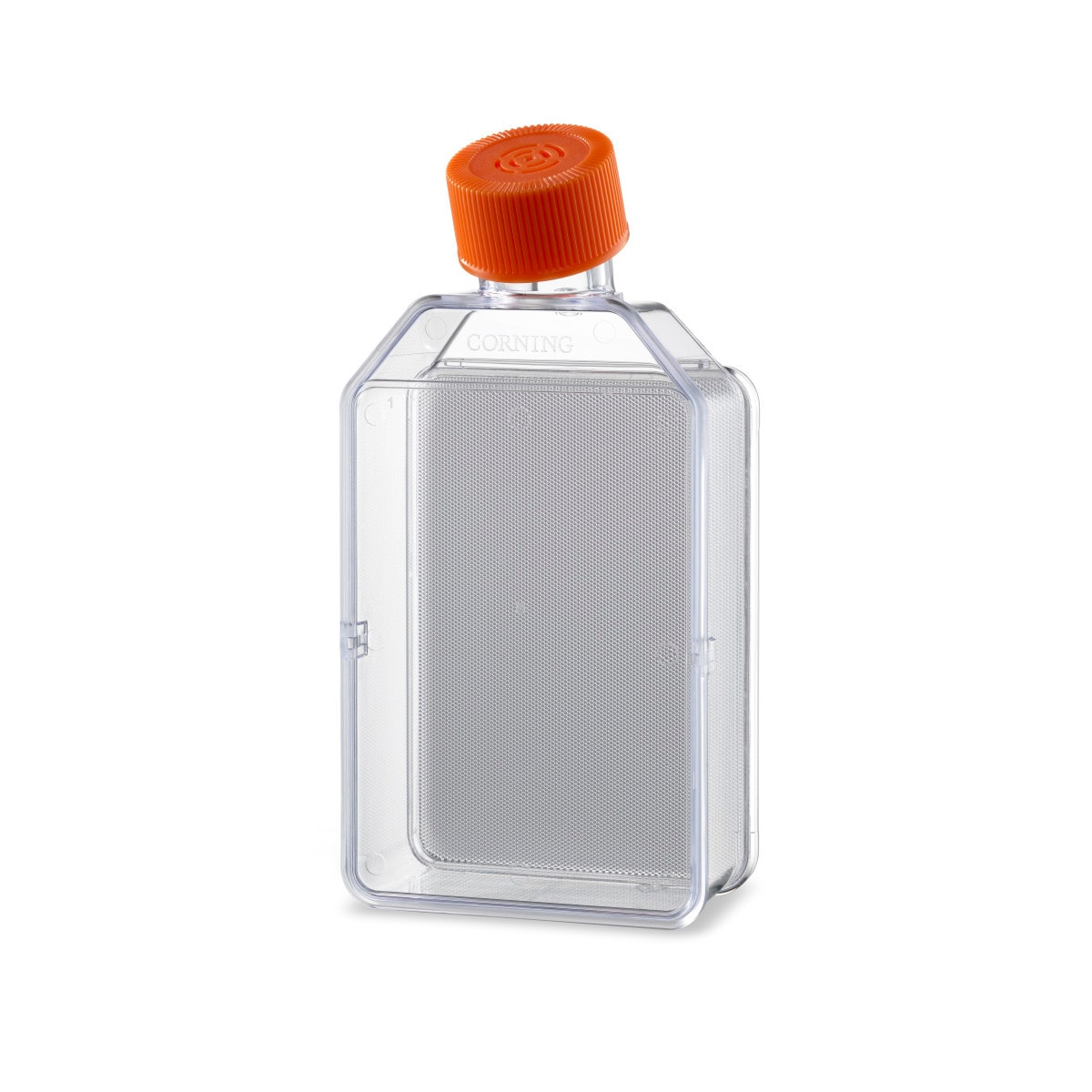Stem Cell Therapy Solutions
 Stem Cell Culture
Stem Cell Culture
The expansion and maintenance of stem cells requires careful attention to culture conditions to enable successful results. Find robust and reliable media, supplements and reagents, matrices, freezing solutions, cell culture plastics, and instruments to support healthly growth and expansion of your stem cells.
 Stem Cell Engineering
Stem Cell Engineering
Engineering stem cells is crucial to analyzing disease pathways, better understanding gene and protein expression, and studying differentiation. Manipulate your cells efficiently for downstream applications with reprogramming and gene editing tools.
 Stem Cell Characterization
Stem Cell Characterization
Confirming pluripotency or determining the utility of cells in downstream experiments is a prerequisite in stem cell research. Whether analyzing proliferation, protein levels, gene expression, or epigenetic profiles, we have the right instruments and products for your research. Choose from among our wide range of cellular and molecular tools for your stem cell analysis.
 Stem Cell Differentiation
Stem Cell Differentiation
Stem cell differentiation requires standardized culture methods to ensure reproducible and reliable results. The Fisher Scientific channel provides you with an easy-to-use, flexible set of tools for targeted differentiation to your desired cell lineage. Simplify your workflow with our stem cell differentiation products.
 Stem Cell Therapy Solutions
Stem Cell Therapy Solutions
We offer a wide range of solutions to help you achieve your cell therapy goals. Our extensive portfolio of xeno-free and animal origin–free media, reagents and equipment are designed to enable clinical and commercial cell therapy manufacturing according to good manufacturing practice (GMP) guidelines. Find the best solutions that support for your stem cell therapy needs.
 Safety
Safety
We offer a wide range of safety solutions to protect your employees and facilities from hazards and your samples from contamination.
View relevant resources
Related Resources

Cell Therapy: From Culture to Cure
High-quality products and proper documentation and support are essential for a streamlined transition from research to the clinic. We offer a broad array of media, reagents, kits, and instrumentation to support your cell therapy development, including the CTS line of products, which are specifically designed for use in cell therapy manufacturing applications.

Stem Cell Differentiation Poster
Hematopoietic stem cells are multipotent progenitor cells from which all differentiated blood cell types arise during the process of hematopoiesis. Explore stem cell biology pathways on our poster and browse the full product range of Proteintech™ cytokines, growth factors, primary antibodies and Elisa kits to help identify and differentiate stem cells.

Lab Reporter: How to Scale-Out and Scale-Up Cell Therapy Production
Efficient manufacturing is a critical aspect in deciding whether to commercialize a cell therapy. This article discusses successful strategies for scaling cell therapies. Learn how to select appropriate platforms to facilitate the transition from laboratory to commercial manufacturing.

Lab Reporter: Equipment Challenges in Scaling-Up Cell Therapy Processes
Taking a discovery from academia to the commercial market has historically been a difficult process. By first addressing your procedures and equipment, you may ease the transition and reduce some of the many challenges associated with current good manufacturing practices (cGMP) and audited processes. This article offers some guidance on making the transition a success.

Protocol: Human Embryonic Stem Cell Culture
This protocol describes the feeder-independent culture and expansion of human embryonic stem (hES) cells using Corning™ Matrigel™ matrix, an optimized surface that provides the additional reproducibility and consistency essential for your hES cell research.
All you need to know about
Focus on Stem cells
The rapid increase in stem cell research in recent years reflects the high interest in stem cells. Researchers hope stem cell studies can help to increase the understanding of how diseases occur, generate healthy cells to replace affected cells (regenerative medicine) or test new drugs for safety and effectiveness.
Building on the results of this basic research, a new research discipline called "translational research" has emerged to develop new therapies. Stem cell therapy uses stem cells to promote the repair response of diseased, dysfunctional or injured tissue. It represents the next chapter in organ transplantation and uses cells in place of donor organs, which are in limited supply. Whether you are involved in stem cell research, developing a stem cell-based therapy or testing new drugs using stem cells, we can offer a complete portfolio of stem cell research products and tools from leading manufacturers that simplify your workflow and enable the continuity, efficiency, and precision that drive discovery.
Find out more
Frequently Asked Questions
What are stem cells?
Stem cells are cells from which all other cells with specialized functions arise. Unlike differentiated cells such as nerve cells, skin cells, heart muscle cells and blood cells, stem cells have the potential to develop into one, several or all of the body's differentiated cell types, depending on the type of stem cell. No other cell in the body has the natural ability to generate new cell types.
What are multipotent stem cells?
Multipotent stem cells can produce a variety of differentiated cell types, but not all cell types of the adult body. Examples of multipotent stem cells are the hematopoietic stem cells and mesenchymal stromal cells (MSCs). Hematopoietic stem cells can generate all cell types of the blood such as erythrocytes and lymphocytes, but not other cell types such as heart muscle cells or nerve cells. MSCs can be differentiated to chondrocytes, osteocytes, or adipocytes by using specific growth factors.
What are pluripotent stem cells?
There are various types of stem cells: pluripotent, multipotent and unipotent stem cells.
Pluripotent stem cells are embryonic stem cells (ESCs) or induced pluripotent stem cells (iPSCs). They can divide into more stem cells or can become any type of cell in the body and can be used to regenerate or repair diseased tissue and organs. However, ESCs are derived from embryos and therefore research using human embryonic stem cells is ethically controversial. In some countries, such as Germany, even the production of new ESCs is prohibited. A very promising alternative to embryonic stem cells is induced pluripotent stem cells (iPSCs). They are obtained by the “reprogramming” of adult cells, e.g. connective tissue cells from the skin, through the introduction of some genes that are very active during early embryonic development.
For these cells, scientists need a serum-free medium with controlled amounts of growth factors to keep cells undifferentiated for as long as possible. In addition, scientists must add an attachment matrix or carrier to the culture to allow the cells to expand.
How does stem cell therapy work?
Stem cell therapy, also known as regenerative medicine, promotes the repair response of diseased tissue using stem cells or their derivatives. Researchers grow stem cells in a lab and these stem cells are manipulated to differentiate into specific types of cells, such as heart muscle cells, blood cells or nerve cells. The differentiated cells can then be implanted into a person. Currently, several stem cell-based therapies utilizing adult stem cells are clinically available and mainly include bone marrow transplants of hematopoietic stem cells and skin grafts for severe burns.
Need More Information or Help?
Contact us

Talk to a Sales Representative
If you have questions regarding our products, services and offers, or should you require technical assistance, please request a call-back to be contacted by our Specialist Sales Representative.

Talk to a Safety Specialist
Contact us today to talk about any safety issues or to advise on product selection.

Fisher Scientific Biotech News
Join our mailing list and receive updates on new product announcements, special promotions, sales, and more.






























































